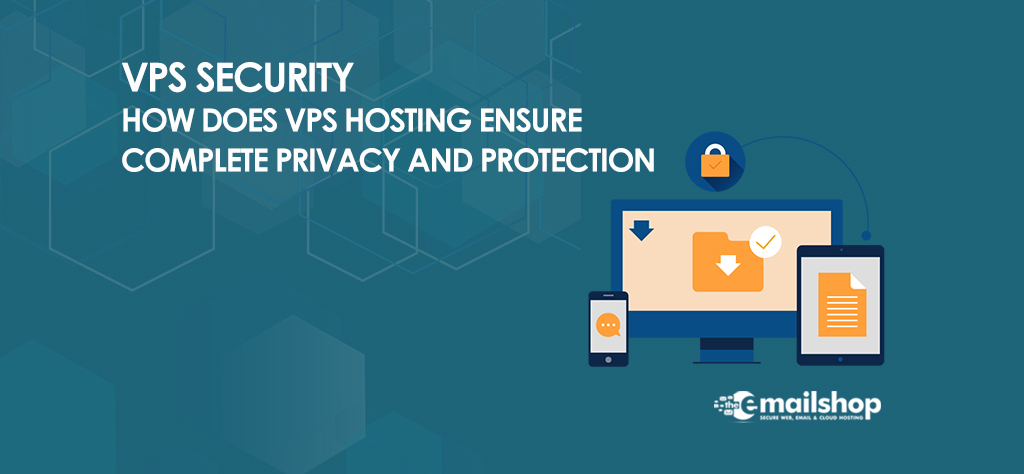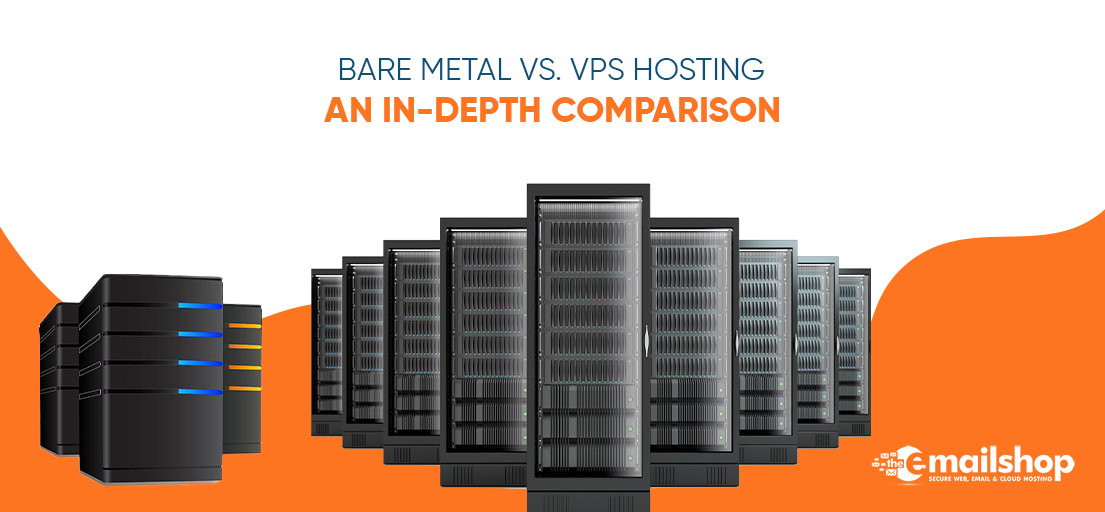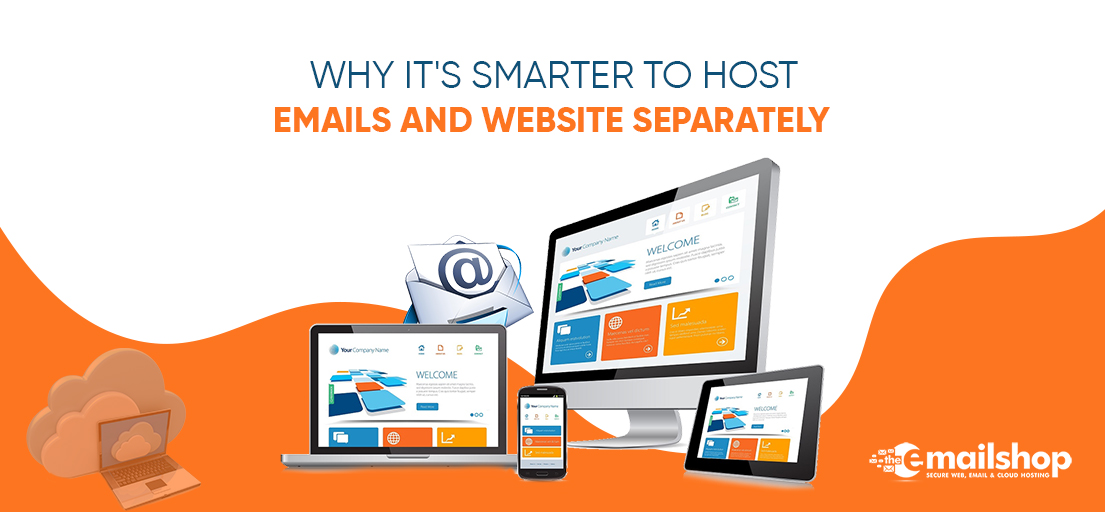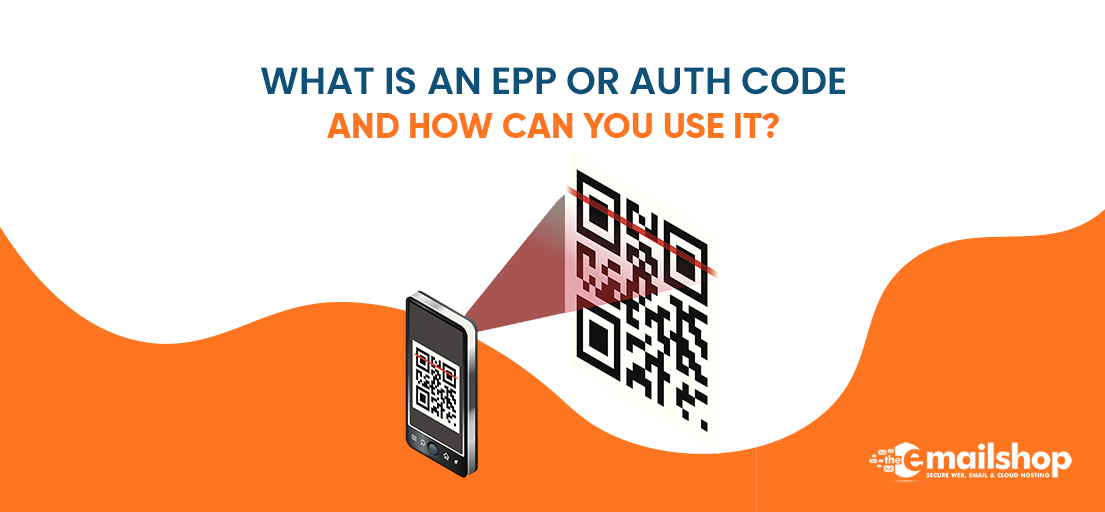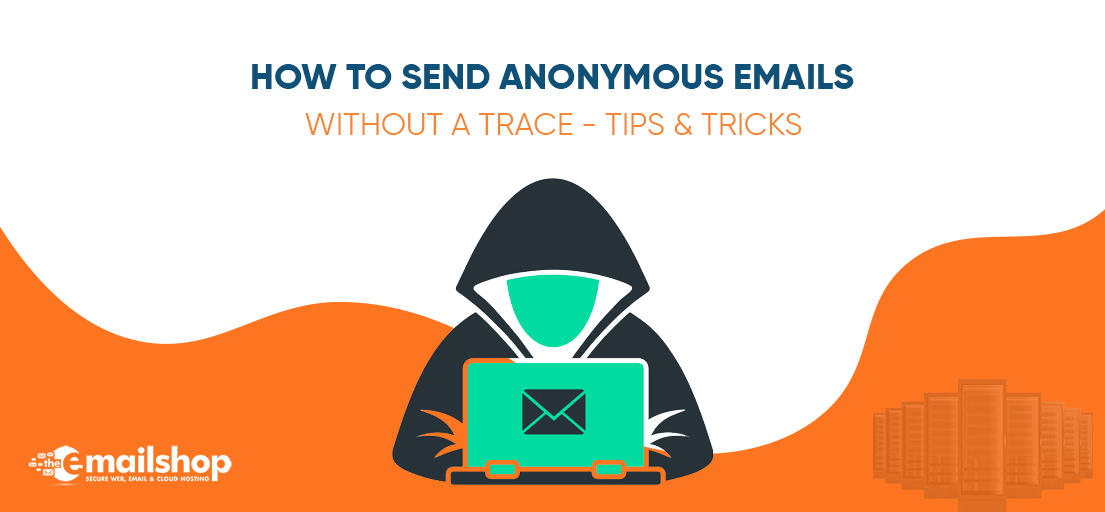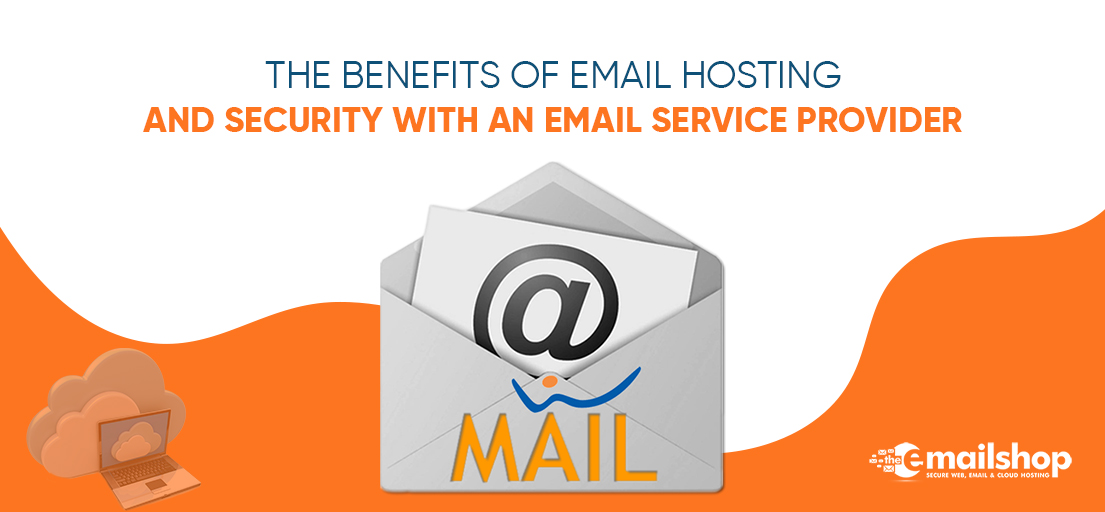Data is king. It is an undeniable fact. Your client’s data security will be a top priority if you are a business owner. Also, data should be not only safe but also accessible at the same time. How will you do it? Well, there is a lot you can do. The selection of hosting type can also make a difference. VPS hosting is one of the best choices you can make.
But why? What does VPS do to make your data secure? Read this complete article to get the detailed answer to the question.
We are going to cover the following points:
- Types of VPS (Managed & Unmanaged VPS)
- How does managed VPS make your data secure?
- How does unmanaged VPS make your data safe?
Type of VPS Hosting
- You are using Managed VPS hosting if a hosting provider is responsible for everything, including updating, running, configuring, and maintaining your VPS. The set of responsibilities may vary from host to host. Have a brief discussion with your potential provider before hiring so there is no dispute or regret afterward. Many new business owners have no idea how to manage the server. Technical tasks scare them, so Managed VPS is their best option. But, of course, not everyone is comfortable dealing with complex Linux commands.
- On the other hand, if you are doing the majority of maintenance, running, and configuration yourself, you have Unmanaged VPS hosting. The provider offers very little or even no support at all. You are always on your own, no matter how complex or simple the situation. So, you get a specific control on your server. Also, it is a much cheaper option as compared to managed VPS.
How Managed VPS Manages To Maintain Higher Privacy Levels for their Clients
-
Continuous & Steady Support
Managed VPS lets you access an expert support team that can help you resolve complex issues in a short time. It is excellent for data safety. Skillful team lets you proactively manage threats and attacks.
-
Regular Patches & Updates
Providers always keep the VPS server up-to-date. They ensure the latest patches, so any threat actors cannot target your website. In the event of an attack, they release updates to address and prevent further attacks.
-
DDoS Protection & Cloudflare
Some providers take one step further by offering DDoS (Distributed Denial of Services) attack defense tools like Cloudflare. Hence, you can always be sure that your server is up and running.
-
Antivirus & Other Protections
Managed hosting does much more to ensure your privacy and protection. Some of them are malware scans, email virus filters, real-time updates, and security intelligence.
-
Hardware Upgrades
The hardware drive is a crucial element since its failure can put entire valuable data at stake. Managed VPS comes with a complete team dedicated only to hardware. Its members are responsible for monitoring hardware risks and making necessary updates. You can also tell them if you think you need more RAM or a bigger hard drive. They will do as you say.
-
Regular Backups
Chances of failure are always there in anything. Similarly, the probability of a successful cyber attack is also always there, despite the efforts of information security experts. And that is why backups are a vital security component. They minimize the loss in case of a breach. Managed VPS servers back up your website daily or weekly, so you never lose your data. They save the backups on the cloud. In case of a server crash, you can quickly restore the website using the latest backup version.
You Might Also Like to Read: UK VPS Why Location Matters?
Does Unmanaged VPS Does The Same for Its Clients
Of course, it does not. Since it is an unmanaged VPS, it does not do much to protect your data. However, certain tricks can help you avoid mishaps. Here are some of those most excellent tips and tricks.
-
Take Audits
How can you secure your system when you do not know what is happening on your system? That is why audits are more than just necessary. They reveal the vulnerabilities and weaknesses of any system. You may do it once or make it a daily routine, but make sure not to forget it. Many tools are available for audit. Some examples are Linux Security Auditing Tool, Bastille, and Logwatch.
-
Configure a Firewall
This would be your first step in setting up a Linux VPS. You install and configure a firewall for basically two reasons. First, you have to filter out unwanted traffic. Secondly, you must do something about DDoS attacks. Advanced Policy Firewall (APF) and Config Server Firewall (CSF) are two famous firewalls.
-
Find & Eliminate Vulnerabilities
Are you sure all applications and services running on your VPS are necessary? Do you think servers can run without some of them? If any application is required, should it also be open to the world? Vulnerabilities often come from unnecessary applications. Also, do not forget to check all open network ports. Otherwise, they are the best opportunity for hackers to exploit your system. “Iptables” would help you close your open ports, and “chkconfig” would allow you to disable unused services.
-
Backups & Updates
These two are the essential components of any security system. Updating ensures you do not get hacked, and backups ensure you have to suffer the minimum loss if the website is still hacked. The latest versions provide solutions to the vulnerabilities left in the old versions. Hence, updating is critical for security. Similarly, backups help you roll back to the last saved version in cases of emergency.
-
Best Practices
You must follow a couple of best practices that must be part of your security plan. Regular malware scans, check security logs regularly, disable compilers, sign up with a DDoS protection provider like Cloudflare, Remove unnecessary packages of Linux distro, and activate auto updates of the system.
-
Use Stronger Passwords
Weak and easy-to-guess passwords are often the culprit behind the breach. Use stronger passwords. An ideal password is always a combo of numbers, letters, and special characters. Also, remember to limit the login attempts. The account must lock itself after a couple of successful login attempts.
For Discount and Offers, Visit our Official Facebook Page

